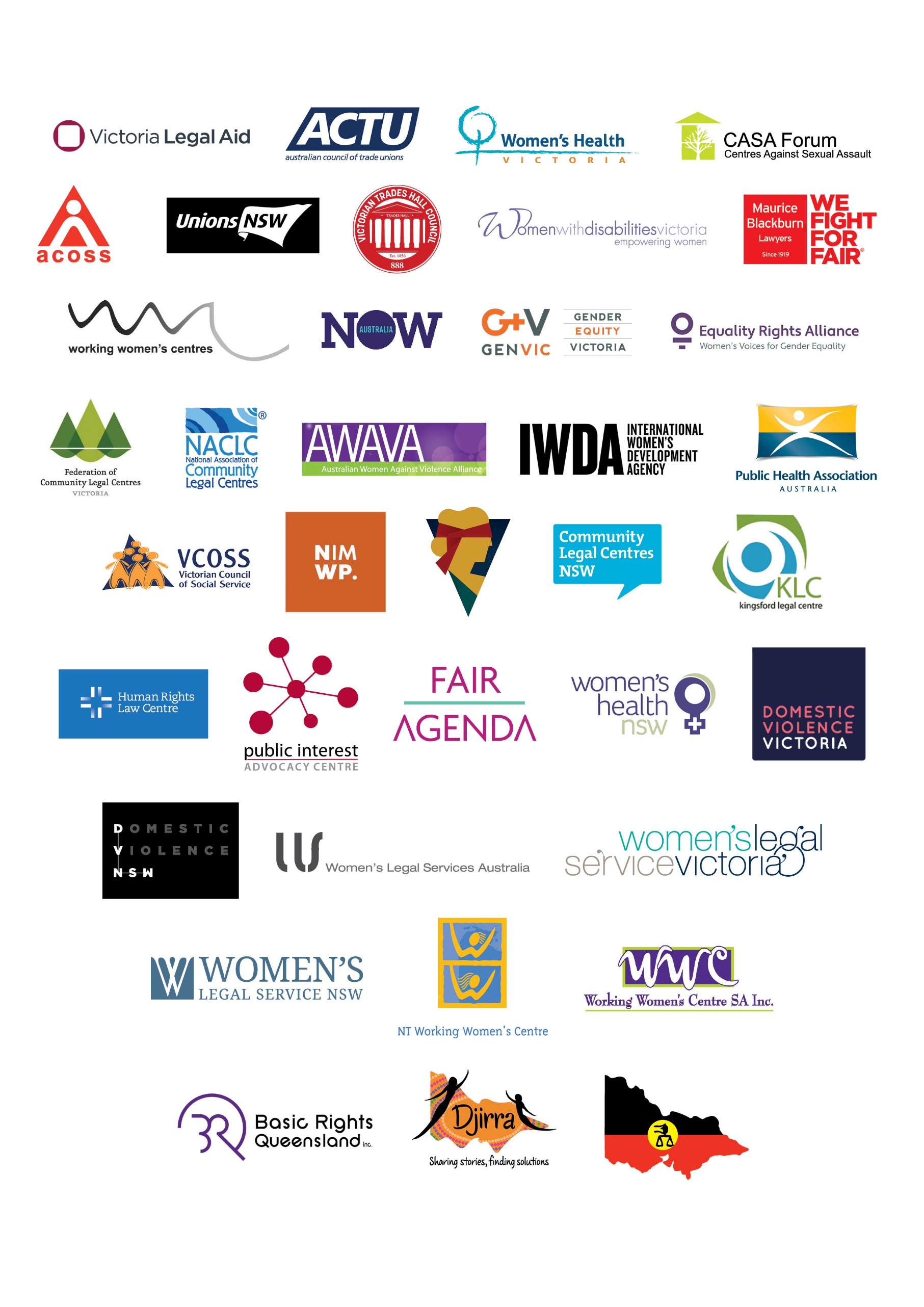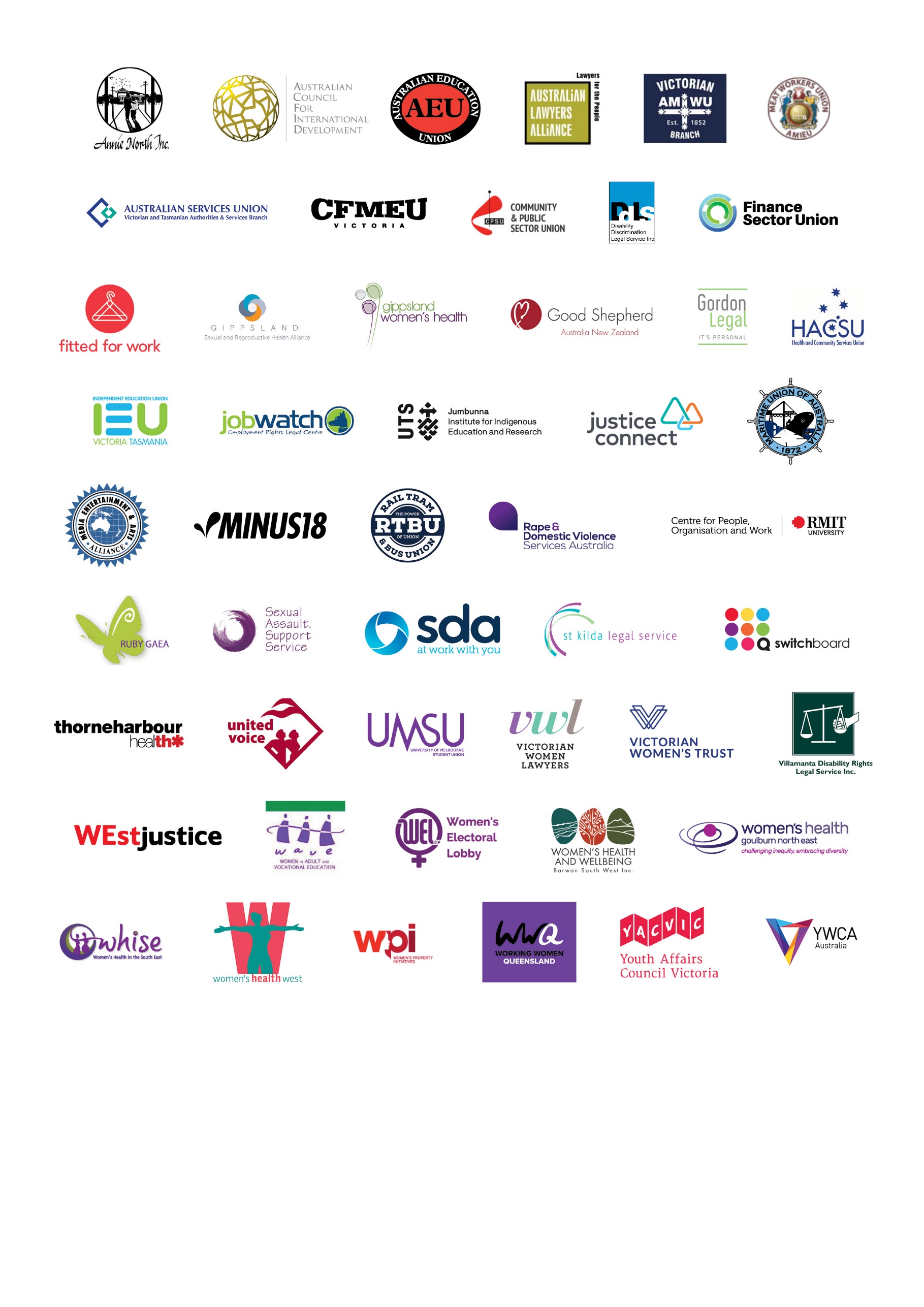Power to Prevent: Urgent Actions Needed to Stop Sexual Harassment at Work
We are a group of diverse organisations, unions, researchers, peak bodies, health professionals and lawyers who have come together to say we need to do more to stop sexual harassment in workplaces. Our organisations and research efforts see the effects of sexual harassment on people around Australia every day and how our systems are not working to respond to the issues.
Everyone deserves to be safe at work and in their community. Yet the rates of sexual harassment in Australia are alarming, particularly for women, with 85% having experienced it in their lifetime. Sexual harassment is about more than just individual behaviour. It is a problem that is deeply entrenched within our society and occurs because gender inequality is ingrained in our social and cultural norms, structures and practices.
It’s time that employers and workplaces stamp out sexual harassment. Sexual harassment causes significant harm to individuals, workplaces and society. We know what the solutions are, but we need governments and employers to implement them. We need strong action to prevent and respond to sexual harassment, and we need it now.
We call on State, Territory and Federal Governments across Australia to take urgent and coordinated action to implement the following solutions.
- Dedicated prevention efforts to address the underlying gendered drivers of sexual harassment, which should be part of a holistic strategy to prevent violence against women and promote gender equality in line with Change the story: A shared framework for the primary prevention of violence against women and their children in Australia.
- Stronger and clearer legal duties on employers to take proactive steps to prevent sexual harassment at work, and strong and effective regulators that have the full suite of regulatory tools and resources necessary to effectively tackle sexual harassment, including as a cultural, a systemic and a health and safety issue.
- Access to fair, effective and efficient complaints processes, including a new right of action under the Fair Work Act, extended time limits, increased transparency of conciliation outcomes where appropriate, and other amendments and resources necessary to address the unique barriers that currently prevent workers who experience sexual harassment from taking effective legal action.
- Appropriate advocacy and support for workers who experience sexual harassment, including access to information, counselling and legal services that are appropriately resourced and coordinated.
- Accessible reporting tools, including piloting an online reporting tool that assists people to report and address problem behaviour and seek support, and identifies trends to assist with prevention and enforcement efforts.
We stand together to call for change to create sexual harassment free workplaces.
List of Signatories (as at 28 February 2019)


